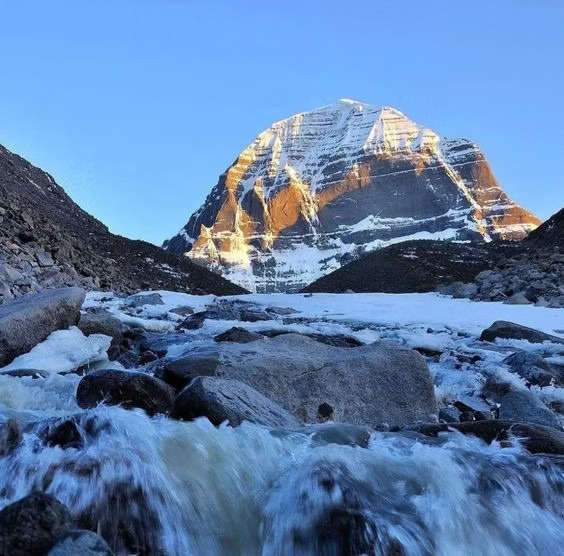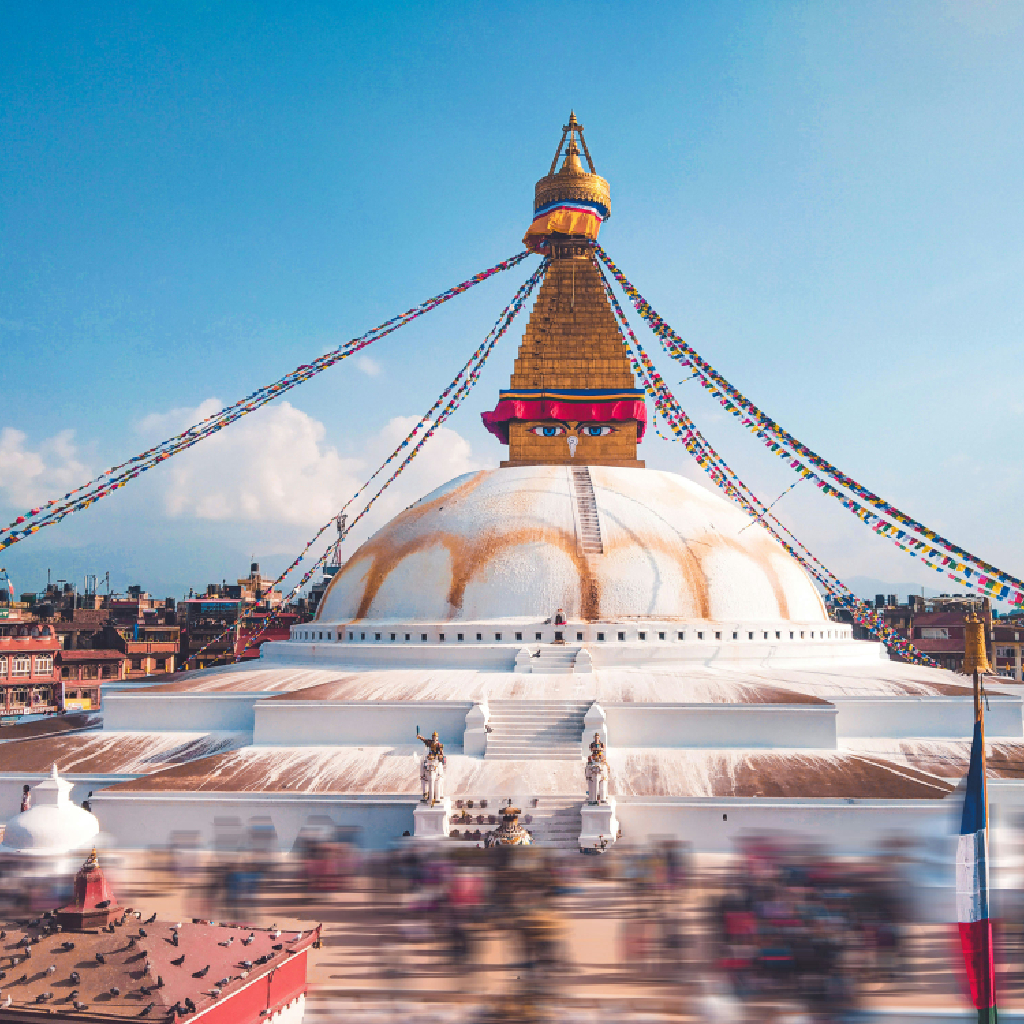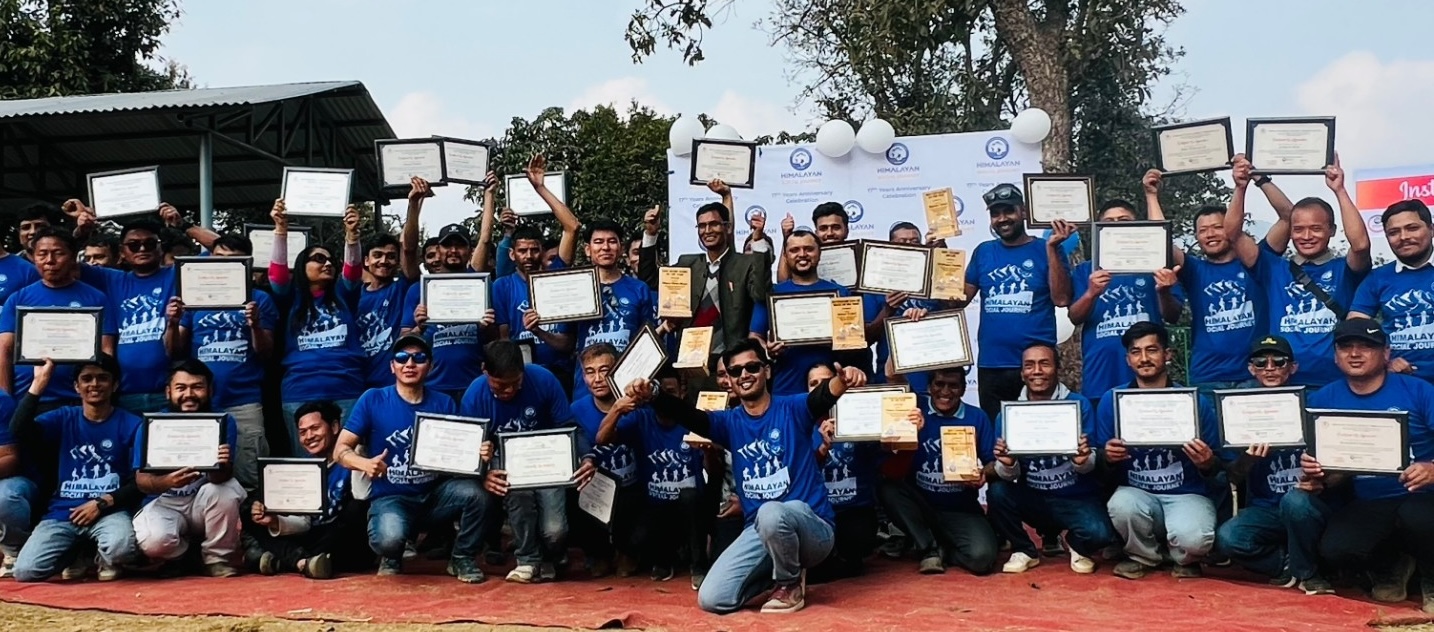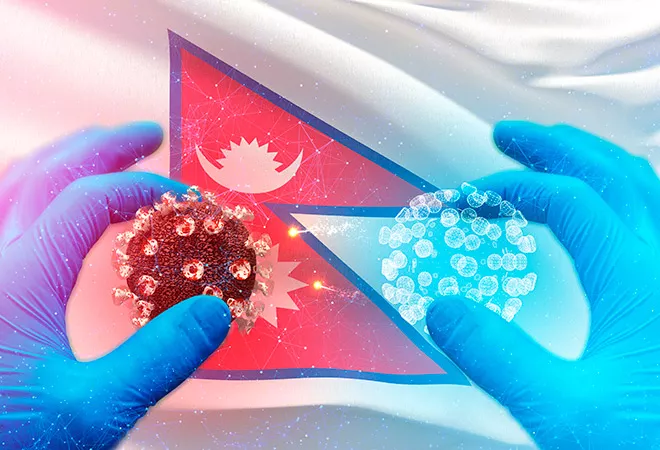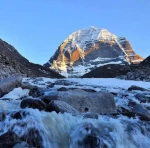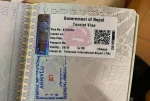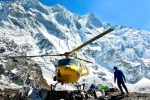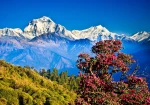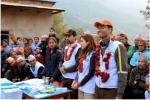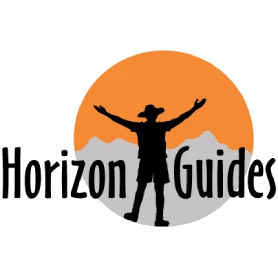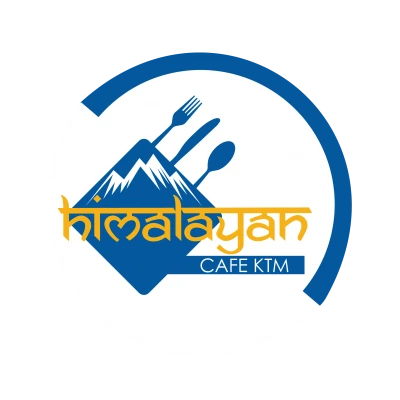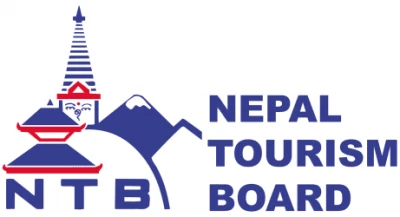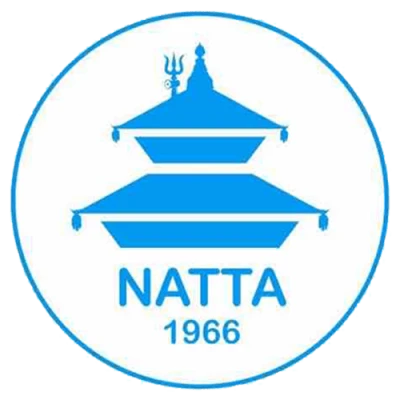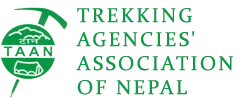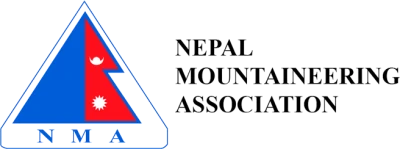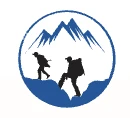With the availability of vaccines and decreasing numbers of reported cases of Covid 19 in the country, in the bid to kick-start the tourism industry of Nepal, the Government of Nepal has decided to lift the protocol of mandatory Quarantine for vaccinated tourists on 18th March 2021. Nepal has relaxed quarantine conditions for tourists who have received both doses of the Covid-19 vaccine, to improve the country's travel and the tourism industry, which has been hit hard by the pandemic.
The decision to drop quarantine conditions for such international tourists was made by the Cabinet meeting on Thursday, Tourism Minister Bhanubhakta Dhakal confirmed on Friday. Nepal would also be issuing Visa on Arrival to tourists who have already gotten two doses of vaccines and they would be exempted from retaking PCR tests after the arrival. This would allow them to resume their trekking and touring activity right after they enter the country.
As for the non-vaccinated population of tourists' negative PCR test reports would be required to be submitted upon arrival not older than 72 hours and have to retake the PCR test before getting into activities. In the case of a positive PCR report, self-isolation would be imposed until the report comes out negative. Tourists must also take a PCR test on the fifth day of hotel quarantine at their own cost, and if they test negative, they will be able to go on their adventure or trek.
Nepal's heavily tourism-based economy struggled in 2020, with the country's revenue plummeting sharply. Tens of thousands of jobs were also lost as a result of the pandemic.
According to Department of Immigration statistics, just 230,085 foreign tourists visited Nepal last year, roughly the same amount as in 1986. The majority of them arrived before the country's entry restrictions took effect on March 20.
The year 2021 started on a sour note. In January, Nepal received fewer than 9,000 international visitors. In February, the poor performance persisted with 9,146 visitors, a decline of 87.6% year on year, wreaking havoc on the local economy.
To give this turnaround, the country is desperately trying to take up Covid 19 and its emerging variants challenges with vaccines as the support. This may not be entirely helpful with neighboring countries reporting an increasing number of new cases and the country's slow immunization of its population through vaccination.
With safety precautions by both local people and foreign tourists, it is possible that travel can be made safe and accessible without worrying about previous dreadful times of lockdown and its possibilities of happening again.


